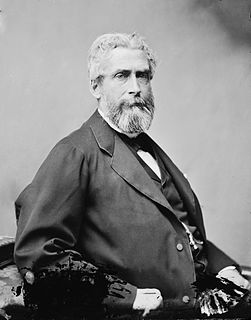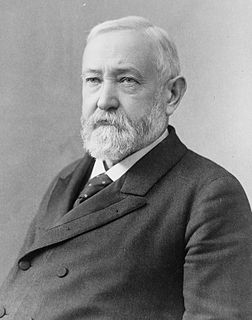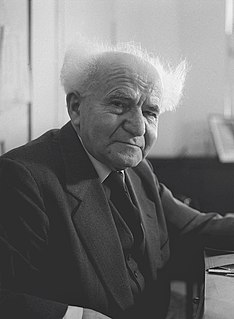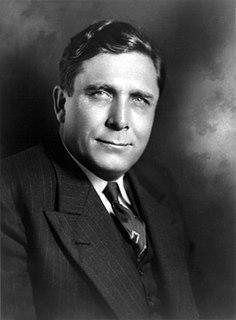A Quote by Dorothea Dix
If we had only those things which are procured with ease and freedom from danger, we should find the comforts and luxuries, if not many of the necessaries of life, considerably diminished.
Related Quotes
The necessaries of life occasion the great expense of the poor. They find it difficult to get food, and the greater part of their little revenue is spent in getting it. The luxuries and vanities of life occasion the principal expense of the rich, and a magnificent house embellishes and sets off to the best advantage all the other luxuries and vanities which they possess ... It is not very unreasonable that the rich should contribute to the public expense, not only in proportion to their revenue, but something more than in that proportion.
Indeed, we need not look back half a century to times which many now living remember well, and see the wonderful advances in the sciences and arts which have been made within that period. Some of these have rendered the elements themselves subservient to the purposes of man, have harnessed them to the yoke of his labors and effected the great blessings of moderating his own, of accomplishing what was beyond his feeble force, and extending the comforts of life to a much enlarged circle, to those who had before known its necessaries only.
This life as a simple citizen and laborer has its benefits not only for the person himself but perhaps also for his country. After all, there is room for only one Prime Minister, but for those who make the desert bloom there is room for hundreds, thousands and even millions. And the destiny of the state is in the hands of the many rather than of a single individual. There are times when an individual feels he should do those things which only can and should be done by the many.
I do not believe one can settle how much we ought to give. I am afraid the only safe rule is to give more than we can spare. In other words, if our expenditure on comforts, luxuries, amusements, etc, is up to the standard common among those with the same income as our own, we are probably giving away too little. If our charities do not at all pinch or hamper us, I should say they are too small. There ought to be things we should like to do and cannot do because our charitable expenditure excludes them.



































